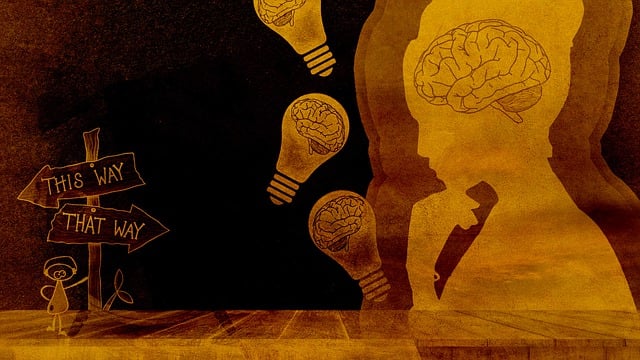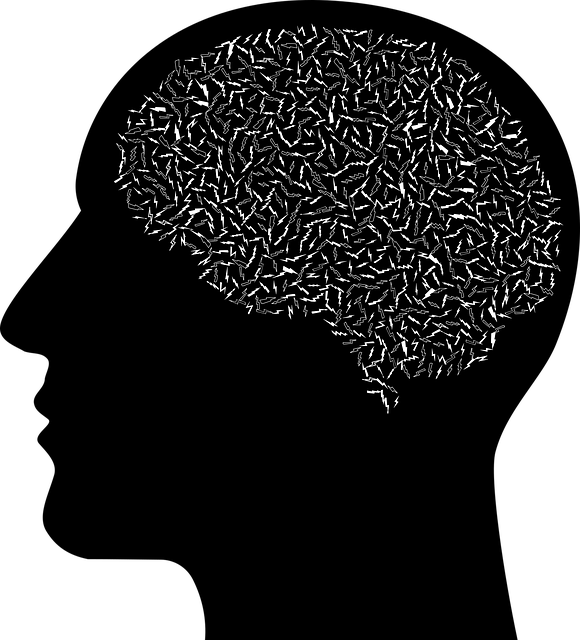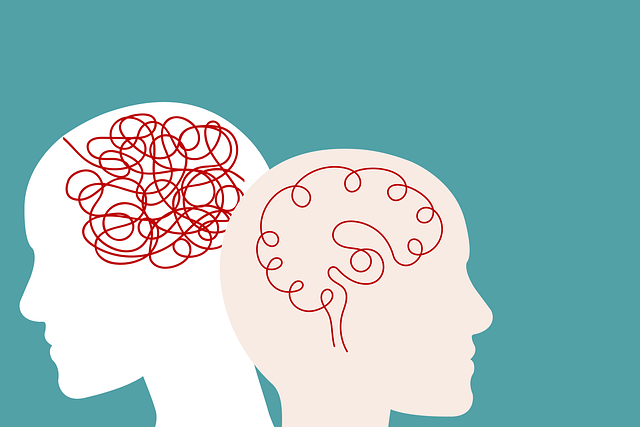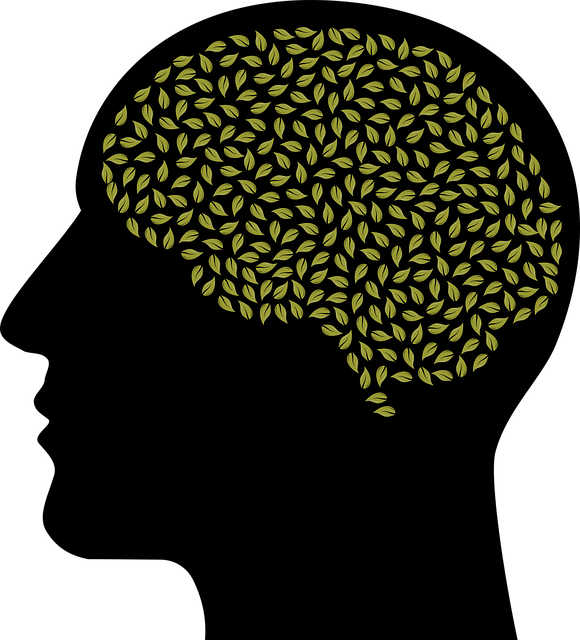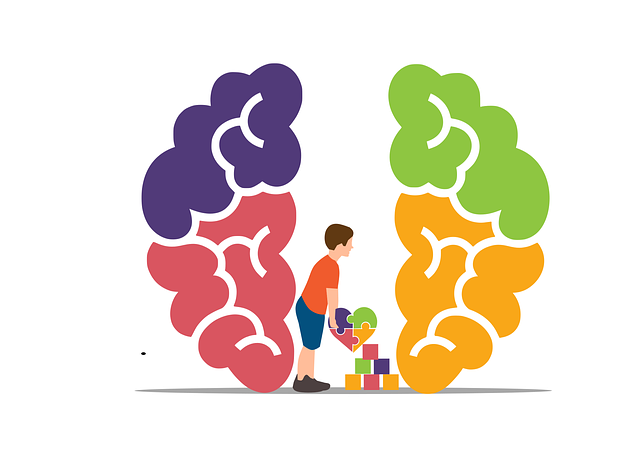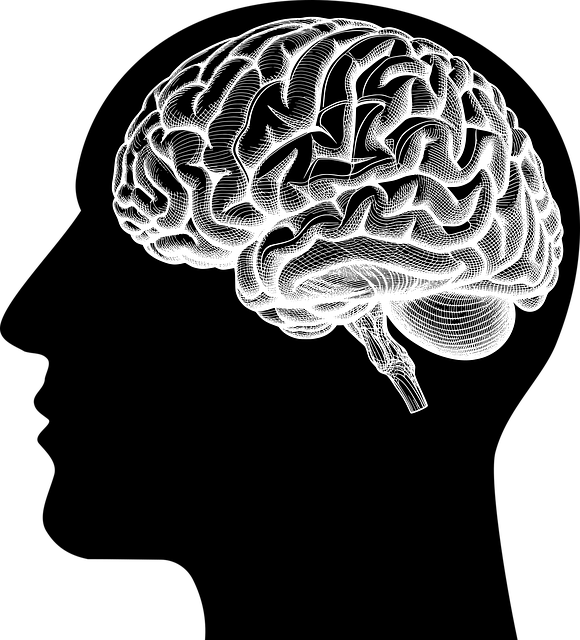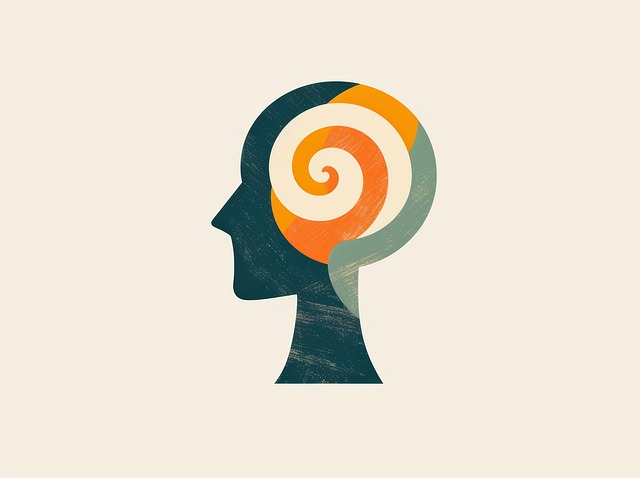The Parker Polyamorous and Open Relationships Therapy model offers a specialized, culturally sensitive approach to grief counseling, addressing unique challenges faced by non-traditional relationships. This method encourages open emotional expression, provides self-care practices, and facilitates conflict resolution, empowering individuals to navigate bereavement stages with resilience and reduced stigma. By combining external support systems and internal nurturing, the Parker Model supports healing, fosters emotional regulation, and promotes personal growth after loss.
Loss, grief, and bereavement counseling is a specialized field addressing the complex emotional journey of individuals coping with significant loss. This article explores various aspects of supporting those in mourning, from understanding the unique phases of grief to implementing therapeutic models like the Parker Model, tailored for polyamorous and open relationships. We delve into common challenges faced by grievers and effective counseling strategies, emphasizing the importance of integrating support systems and self-care practices for long-term healing. Discover how these approaches can revolutionize the way we support those navigating loss.
- Understanding Loss, Grief, and Bereavement: A Therapeutic Approach
- The Parker Model: Navigating Polyamorous and Open Relationships During Grief
- Common Challenges in Grieving Individuals: A Comprehensive Overview
- Effective Counseling Strategies for Coping with Loss and Bereavement
- Integrating Support Systems and Self-Care Practices for Long-Term Healing
Understanding Loss, Grief, and Bereavement: A Therapeutic Approach

Understanding loss, grief, and bereavement is a complex therapeutic process that requires a nuanced approach. It involves recognizing that each individual’s experience is unique, especially within the context of diverse relationships like polyamorous and open unions. The Parker Polyamorous and Open Relationships Therapy model offers a safe space for clients to explore their emotions openly. This method acknowledges that grief can manifest differently across cultures and personal networks, with some individuals experiencing intense feelings immediately while others may show delayed reactions.
By integrating this understanding into counseling sessions, therapists can provide tailored support. The goal is to help clients navigate through the stages of loss, find healthy ways to express their emotions, and develop effective coping strategies for anxiety relief and emotional regulation. Ultimately, this approach aims to foster positive thinking, enabling individuals to find meaning in their experiences and move forward with resilience.
The Parker Model: Navigating Polyamorous and Open Relationships During Grief

The Parker Model offers a unique approach to grief counseling, specifically tailored for individuals navigating polyamorous and open relationships. This therapeutic framework recognizes the complex dynamics within non-monogamous partnerships and provides tools to support emotional well-being during bereavement. By integrating self-care practices, the model encourages clients to process their grief while maintaining healthy boundaries and fostering meaningful connections with partners and support systems.
For mental health professionals working with this population, risk management planning is essential. The Parker Model guides practitioners in balancing open communication about emotional vulnerabilities with ensuring client safety and privacy. It promotes techniques for emotional well-being promotion, helping individuals cope with loss while maintaining the integrity of their relationships, making it a valuable resource for Parker Polyamorous and Open Relationships Therapy.
Common Challenges in Grieving Individuals: A Comprehensive Overview

Grief is a complex process, and each individual navigates their journey with unique challenges. Common hurdles faced by grieving people include intense emotions like depression, anger, and guilt, which can be overwhelming and confusing. The loss of a loved one often disrupts daily routines and relationships, leading to social isolation and a sense of disorientation. Many individuals struggle with practical considerations, such as making decisions regarding the deceased’s affairs or managing changes in their living situation.
In today’s diverse society, cultural sensitivity is paramount in mental healthcare. Parker Polyamorous and Open Relationships Therapy offers a unique perspective for those who may be navigating grief within non-traditional familial structures. This approach encourages self-awareness exercises to process emotions and experiences. Additionally, conflict resolution techniques can help grievers manage interpersonal challenges that arise during this vulnerable time, fostering a supportive environment where individuals feel understood and empowered to heal.
Effective Counseling Strategies for Coping with Loss and Bereavement

Effective counseling strategies for coping with loss and bereavement often involve creating a safe and non-judgmental space for clients to express their emotions freely. Techniques like active listening, empathy, and validation can help individuals feel understood and supported during their healing process. One innovative approach gaining recognition is Parker Polyamorous and Open Relationships Therapy, which can be adapted to address grief and bereavement. This therapy model encourages exploration of complex emotional landscapes, promoting self-esteem improvement and reducing the mental illness stigma often associated with bereavement.
By integrating open communication and understanding of diverse relationships, counselors can facilitate clients’ ability to emotionally regulate themselves. This is particularly beneficial for those who have experienced significant loss, as it allows them to grieve in a way that feels authentic to their identities. Whether through individual therapy or group support sessions, these strategies aim to empower individuals to navigate their grief journey with increased resilience and self-compassion.
Integrating Support Systems and Self-Care Practices for Long-Term Healing

Healing from loss is a journey that requires both external support and internal nurturing. Integrating robust support systems into one’s life can significantly aid in managing grief and fostering long-term healing. This includes leaning on friends, family, or support groups who offer empathy and understanding during the bereavement process. Many individuals find solace in joining communities, such as those specializing in Parker Polyamorous and Open Relationships Therapy, where they can connect with others who share similar experiences. These connections provide a safe space to express emotions, gain different perspectives, and learn effective communication strategies that are vital for navigating complex feelings associated with loss.
Self-care practices play an equally crucial role in preventing burnout and promoting resilience. Engaging in activities that nurture physical, emotional, and mental well-being is essential. This can include regular exercise, mindfulness techniques, creative pursuits, or simply carving out time for hobbies enjoyed prior to the loss. Mental health education programs designed around grief counseling offer valuable insights into coping mechanisms and self-care strategies. By combining these external and internal approaches, individuals can enhance their ability to navigate the grieving process, prevent burnout, and embark on a path towards healing and personal growth.
Loss, grief, and bereavement counseling are essential components of healing after a significant loss. By understanding the unique challenges individuals face, therapists can employ various therapeutic approaches, such as the Parker Model for polyamorous and open relationships, to facilitate meaningful coping strategies. Integrating support systems and self-care practices is vital for long-term emotional well-being. Effective counseling strategies discussed in this article provide a comprehensive framework for professionals to assist grieving individuals in navigating their complex emotions and fostering resilience.
